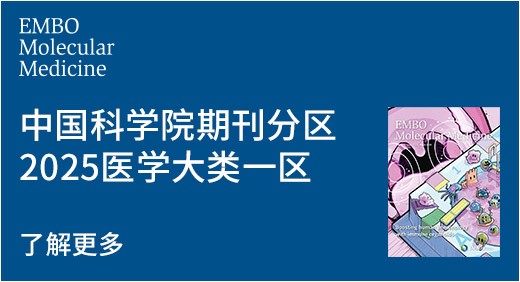当前位置:
X-MOL 学术
›
J. Child Lang.
›
论文详情
Our official English website, www.x-mol.net, welcomes your
feedback! (Note: you will need to create a separate account there.)
Maternal input, not transient elevated depression and anxiety symptoms, predicts 2-year-olds’ vocabulary development
Journal of Child Language ( IF 1.7 ) Pub Date : 2024-12-12 , DOI: 10.1017/s0305000924000308 Nan Xu Rattanasone 1, 2 , Ruth Brookman 3, 4 , Marina Kalashnikova 5, 6 , Kerry-Ann Grant 7 , Denis Burnham 3 , Katherine Demuth 1
Journal of Child Language ( IF 1.7 ) Pub Date : 2024-12-12 , DOI: 10.1017/s0305000924000308 Nan Xu Rattanasone 1, 2 , Ruth Brookman 3, 4 , Marina Kalashnikova 5, 6 , Kerry-Ann Grant 7 , Denis Burnham 3 , Katherine Demuth 1
Affiliation
Both the quantity and quality of the maternal language input are important for early language development. However, depression and anxiety can negatively impact mothers’ engagement with their infants and their infants’ expressive language abilities. Australian mother-infant dyads (N = 30) participated in a longitudinal study examining the effect of maternal language input when infants were 24 and 30 months and maternal depression and anxiety symptoms on vocabulary size. Half the mothers had elevated depression and anxiety symptoms during at least one point in the study (at 6, 12, 18, 24, or 30 months). The results showed that only maternal input measures (word tokens, types, and mean length of utterance) predicted vocabulary size. While no evidence was found that brief periods of maternal depression and anxiety negatively impacted early vocabulary development, the findings highlight the critical importance and possible mitigating effects of maintaining good quality mother–infant interactions during early development.
中文翻译:

母亲的输入,而不是短暂的抑郁和焦虑症状,可以预测 2 岁儿童的词汇发展
母语输入的数量和质量对于早期语言发展都很重要。然而,抑郁和焦虑会对母亲与婴儿的互动以及婴儿的表达语言能力产生负面影响。澳大利亚母婴二人组 (N = 30) 参与了一项纵向研究,研究了婴儿 24 个月和 30 个月时母亲语言输入以及母亲抑郁和焦虑症状对词汇量的影响。一半的母亲在研究的至少一个时间点(6、12、18、24 或 30 个月)抑郁和焦虑症状升高。结果表明,只有母体输入测量 (单词标记、类型和平均话语长度) 才能预测词汇量。虽然没有证据表明母亲短暂的抑郁和焦虑对早期词汇发展产生了负面影响,但研究结果强调了在早期发育过程中保持高质量母婴互动的至关重要性和可能的缓解作用。
更新日期:2024-12-12
中文翻译:

母亲的输入,而不是短暂的抑郁和焦虑症状,可以预测 2 岁儿童的词汇发展
母语输入的数量和质量对于早期语言发展都很重要。然而,抑郁和焦虑会对母亲与婴儿的互动以及婴儿的表达语言能力产生负面影响。澳大利亚母婴二人组 (N = 30) 参与了一项纵向研究,研究了婴儿 24 个月和 30 个月时母亲语言输入以及母亲抑郁和焦虑症状对词汇量的影响。一半的母亲在研究的至少一个时间点(6、12、18、24 或 30 个月)抑郁和焦虑症状升高。结果表明,只有母体输入测量 (单词标记、类型和平均话语长度) 才能预测词汇量。虽然没有证据表明母亲短暂的抑郁和焦虑对早期词汇发展产生了负面影响,但研究结果强调了在早期发育过程中保持高质量母婴互动的至关重要性和可能的缓解作用。






























































 京公网安备 11010802027423号
京公网安备 11010802027423号